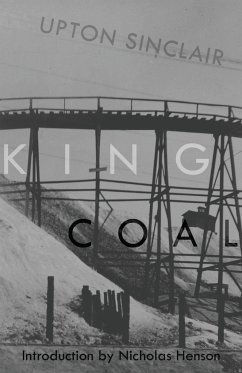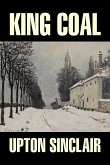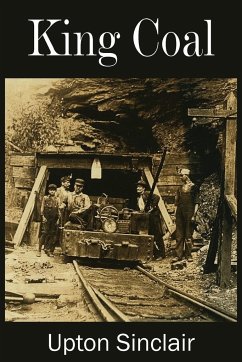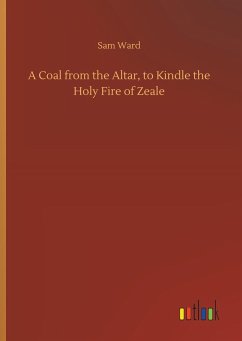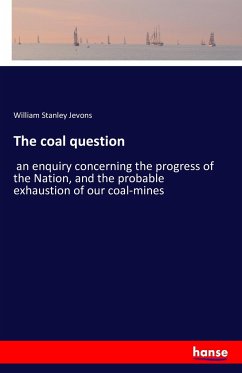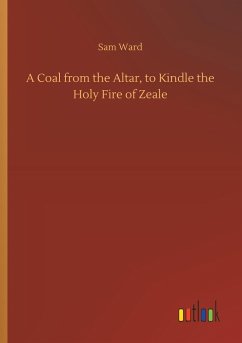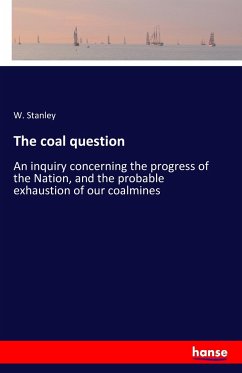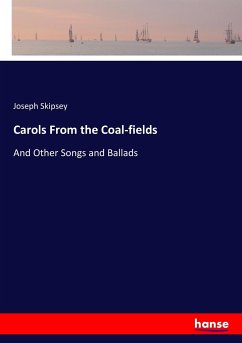Hal Warner may be a rich kid, but even he can see that the working conditions in the Colorado coal mines are inhumane. Inspired by real-life events, King Coal follows Hal's undercover exploration of the coal industry and his attempts to unionize the workers. Like Upton Sinclair's more famous novel The Jungle (1906), this 1917 novel highlights the often unfair and unsafe conditions experienced by working-class Americans in the early 20th century.
Hinweis: Dieser Artikel kann nur an eine deutsche Lieferadresse ausgeliefert werden.
Hinweis: Dieser Artikel kann nur an eine deutsche Lieferadresse ausgeliefert werden.

